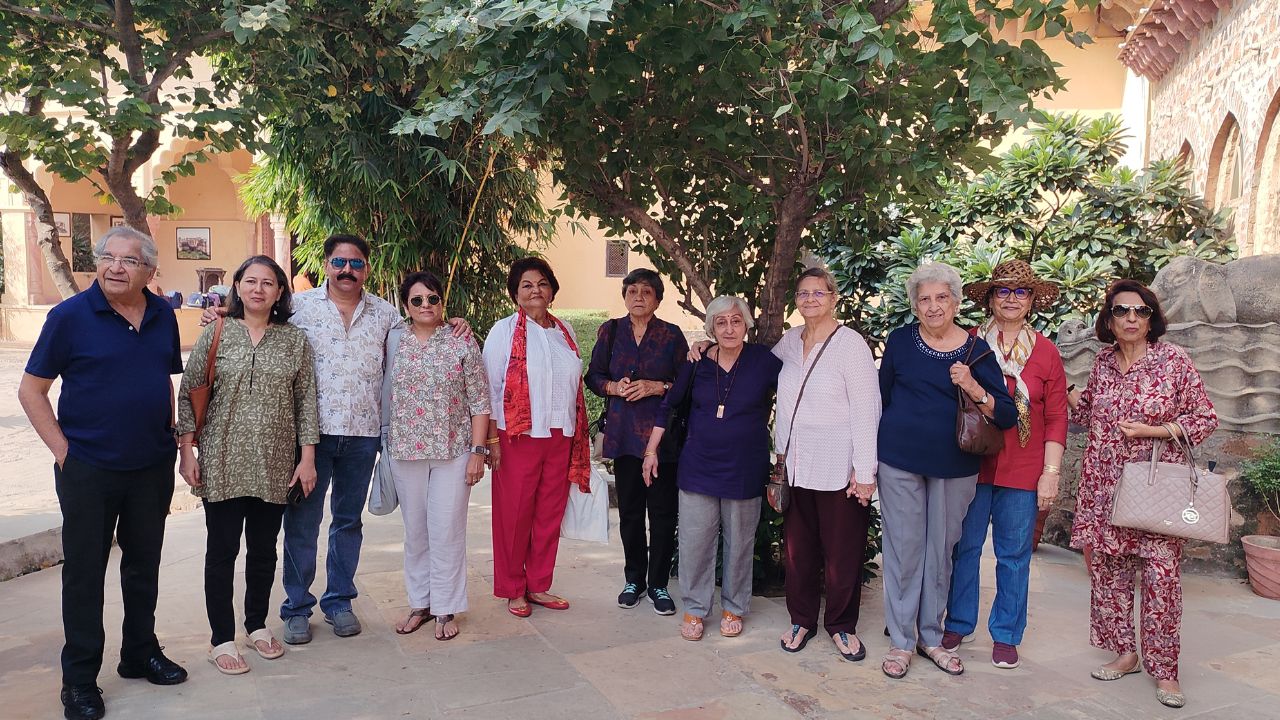There is no denying the fact that India is the most diverse country in the world w.r.t religions, faiths, cultures, spirituality and habits.
This diversity is evident in our food habits, lifestyle, cultural beliefs and spiritual outlook.
The larger point of debate is not about the advantages or disadvantages of such a varied mix of cross-cultures, the question is, how does it impact the Senior Care sector?
Religion & Faith based Caregiving has been on the forefront in socially developed nations but unfortunately in India we are still a far cry from having documented standards and guidelines to cater to the needs of Senior Citizens.
The Jain’s are mainly vegetarian, Bengalis are primarily non-vegetarian, some people do not eat non-vegetarian on certain days etc etc.
Some people want to get cremated on wood fire, some want to be buried, some go to the Tower of Silence for excarnation etc etc.
Keeping these dynamics into consideration, it is imperative that Eldercare services needs to be designed in such a manner that people from all walks of life as seen as individuals and appropriate Person-centered care is given.
The attached document, Health Care Providers’ Handbook on Hindu Patients by Queensland Health is a great read on how to care for Hindu patients.
Another point of debate is, if countries like Australia can have guidelines on how to deal with Hindu patients, then why does India not have such guidelines?
The Australian Government does not endorse or recommends the website Elderly Care India.
Document can be accessed on the website https://www.health.qld.gov.au/ or downloaded here (Health Care Providers’ Handbook on Hindu Patients by Queensland Health) or can be read below
